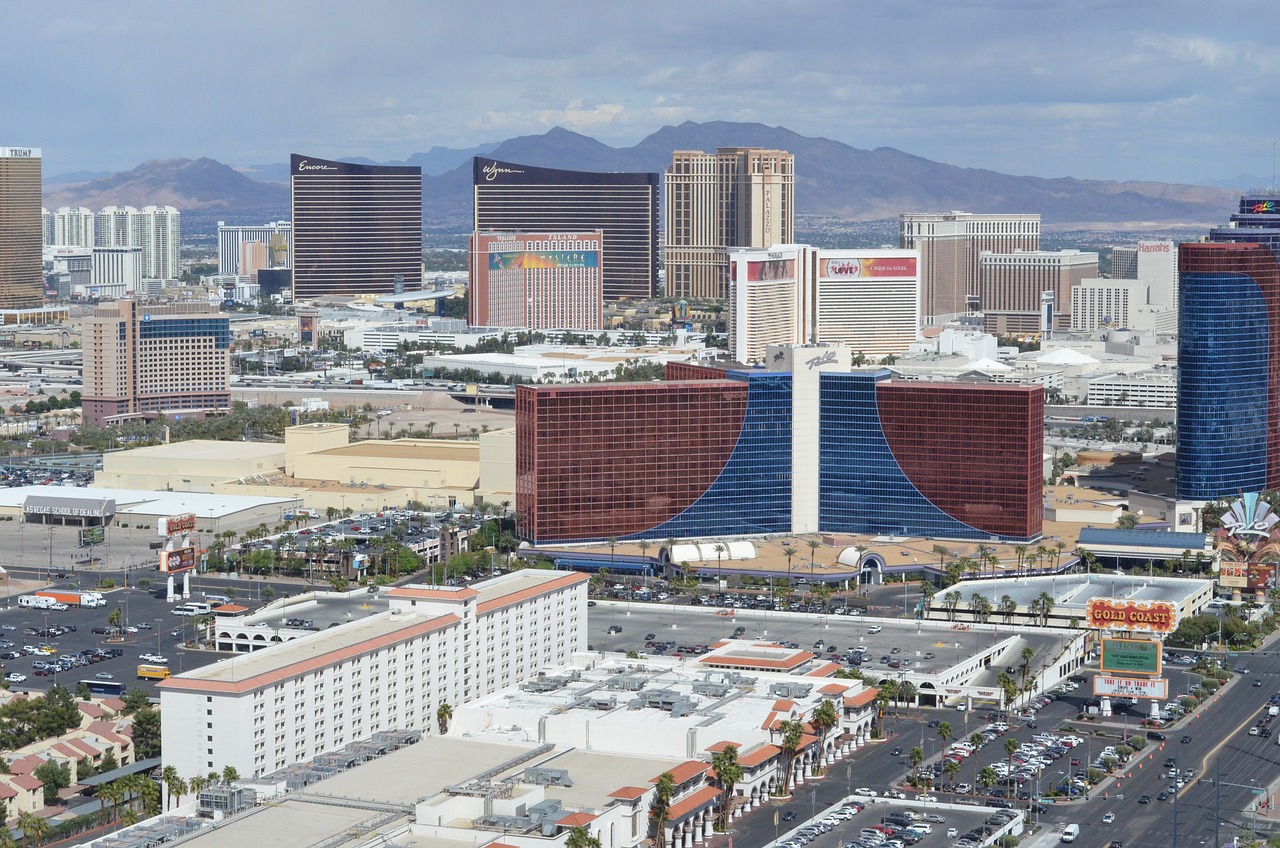Analyzing the Role of Music in Advertising: Emotional Branding and Memory Association
Music has a remarkable ability to captivate audiences and evoke strong emotional responses. When strategically used in advertising, music can serve as a powerful tool to create a connection with consumers and leave a lasting impact. The right choice of music can enhance brand recall and influence consumer behavior, making it a vital element in successful marketing campaigns.
Additionally, music has the ability to shape perceptions and influence the way a product or service is perceived by consumers. By selecting music that aligns with the values and message of the brand, advertisers can create a cohesive and immersive experience for their target audience. The emotional appeal of music can also help create a sense of familiarity and nostalgia, further reinforcing brand recognition and fostering consumer loyalty.
• Music can captivate audiences and evoke strong emotional responses
• Strategic use of music in advertising can create a connection with consumers
• The right choice of music can enhance brand recall and influence consumer behavior
• Music shapes perceptions and influences how a product/service is perceived by consumers
• Selecting music that aligns with brand values creates a cohesive experience for the audience
• Emotional appeal of music helps create familiarity, nostalgia, and reinforces brand recognition
The Influence of Sound on Consumer Behavior
Advertisers have long recognized the critical role that sound plays in influencing consumer behavior. Sound has the power to evoke emotions, trigger memories, and ultimately shape consumers’ perceptions of a brand or product. From catchy jingles to carefully curated soundscapes, the auditory elements of an advertisement can make a lasting impression on consumers and impact their purchasing decisions.
Research has shown that the strategic use of sound can significantly enhance the effectiveness of advertising campaigns. By incorporating music, sound effects, and even silence in their ads, marketers can create a unique auditory experience that resonates with consumers on a subconscious level. This auditory engagement can help to build brand recognition, create positive associations, and ultimately drive consumer preferences towards a particular product or service.
How Music Evokes Emotions and Memories
Music has a profound ability to tap into our emotions and trigger memories, often evoking powerful reactions within us that are deeply rooted in our personal experiences. When we hear a particular song or melody, it can transport us back to a specific moment in time, eliciting a range of feelings from joy and nostalgia to sadness and longing.
The way music connects with our emotions is closely linked to the way our brains process sound and how certain musical elements, such as melody, tempo, and lyrics, can directly impact our mood and emotional state. By tapping into these emotional triggers, advertisers can leverage the power of music to create strong emotional connections with consumers, influencing their perceptions and behaviors in subtle but profound ways.
How does music evoke emotions?
Music has the ability to trigger emotional responses in individuals by stimulating the brain’s limbic system, which is responsible for processing emotions.
Can music help in retaining memories?
Yes, music has been shown to be a powerful tool in triggering memories due to its ability to activate neural pathways associated with past experiences.
How does music influence consumer behavior?
Music can significantly impact consumer behavior by creating an emotional connection with a brand or product, leading to increased engagement and purchase intent.
Why is music often used in advertising?
Music is used in advertising to evoke specific emotions and create a memorable experience for consumers, ultimately influencing their purchasing decisions.
How can individuals use music to enhance their own memories?
By associating specific songs or music with significant moments or experiences, individuals can use music as a tool to trigger memories and enhance their recollection of past events.







